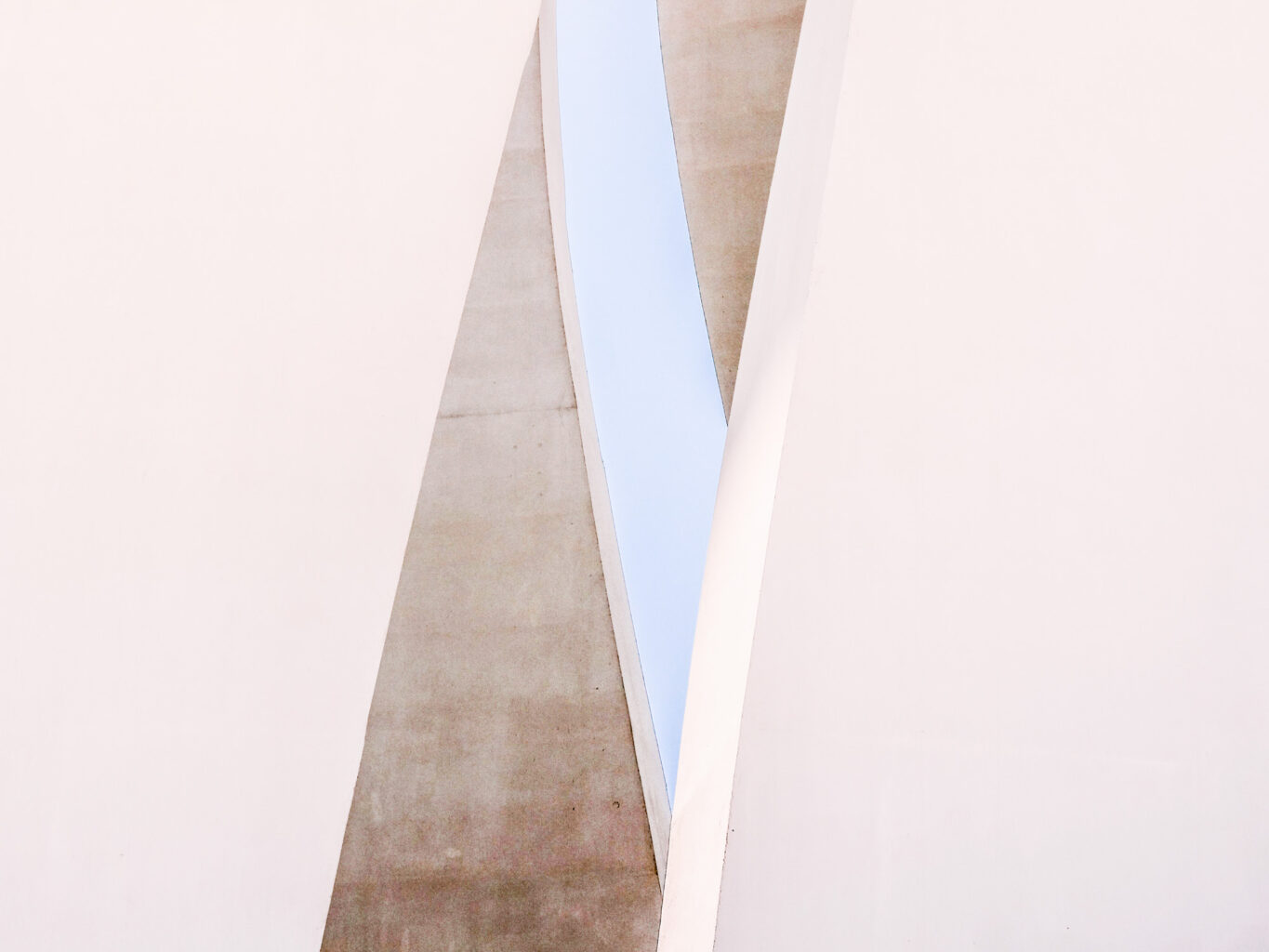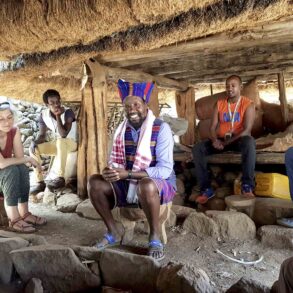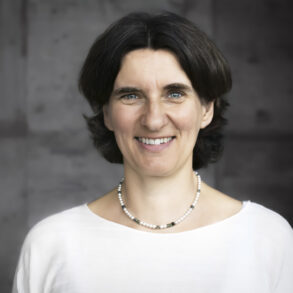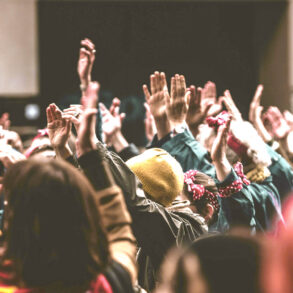In a crisis, ecological or social problems appear in the burning glass, smoldering cold conflicts become hot – a drama that opens the door to transformation.
‹Das verlorene Jahrzehnt› (The Lost Decade), was the headline of the magazine ‹Der Spiegel› at the end of the first decade of this century and illustrated the statement with smoking chimneys, the bankruptcy of Lehman Brothers and Western soldiers in Iraq. This way, the three crises of that time were in the picture: the climate crisis, the financial crisis, and the crisis in the Middle East. Is the decade therefore lost? Since the financial crisis, skepticism about banking has become a matter of course, and it is a general belief that derivatives and hedge funds are only of use to a few. David Graeber, the thinker behind the Occupy movement, in his 2011 book ‹5000 Jahre Schulden› (5.000 Years of Debt) brought it down to this fact: «If history shows anything, it is that there is no better way to defend and morally justify relationships based on violence than to dress them in the language of guilt – especially because it immediately appears as if the victim was in the wrong.» Yes, he continues, the insidious thing about debt is that both perpetrators and victims say yes to the forced bond. The climate crisis also had an impact in the first decade of the new century. In 2007, the fourth report of the Intergovernmental Panel on Climate Change was published. Unlike the earlier published scenarios, this one awakened the consciousness of the world. Although many, even governments, denied climate change, the issue had arrived in the middle of society. It was obviously more difficult with the cultural crisis. Samuel Huntington’s influential 1996 book ‹Clash of Civilizations› proved almost a prophecy with the attack of September 11, 2001. And yet the sentence «We know who we are when we know who we are not and against whom we are», i.e. to experience one’s own identity through differentiation, to belong to the 20th and not the 21st century.
A crisis as a mirror
These are three crises that were already seen and named by a generation earlier by pioneers of ecological conscience such as the Club of Rome (1968) or the early environmental associations (1980). With the new century, they were now visible to everybody – not a lost decade. Before we as a large community became fully familiar with these three construction sites, their management found its place in public conversation, it seems as if they were just a prelude. As the second decade draws to a close, the pandemic as a new crisis eclipsed the three described. With Covid, a pandemic has a grip on the world where, more than the disease itself, it seems to be the way it is dealt with that pulls the rug out from under our lives. As with the burning building, where you don’t know whether the flames or the extinguishing water cause the greater damage, so it was with Covid, especially in the first year in the face of traumatized adolescents, isolated elderly people, and a sedated cultural life. What does that mean? If it is not so much the matter that is the problem, but rather the handling of it, then it is less about the right tool, less about the best solution, and more about ourselves.
In the second year, life against the pandemic becomes a life with the pandemic. It seems to be part of the virus that it cannot be controlled on a one-track basis, neither with contact restriction nor with vaccinations or the idea of herd immunity. As is probably the case for most or perhaps all of the current problems, Covid is not one-dimensional, not manageable from one perspective. The Covid crisis is more than just a mirror, it also appears as an eyepiece: At a Waldorf school in Baden-Württemberg, high school students asked their teacher to observe the social-distancing rule and wear a mask. «Then call the police», she apparently replied. One student picked up his mobile phone and actually alerted the law enforcement officers.

A crisis as an eyepiece
In order for it to escalate to such a degree in the classroom, the relationship between teacher and student must have been disturbed beforehand and the relationship of the teacher to the legal system of a public school must have been fragile before. The pandemic is bringing the focus on smoldering conflicts. At a Basel high school, the spokeswoman for the student body reported to a teacher that there were students who suffer from sleep disorders due to excessive demands and grade stress and would often help themselves with Ritalin. Then these students were probably not up to the learning level and should leave the school, was the answer. The Covid crisis revealed this lack of empathy and irresponsibility towards the adolescents: the schools had to close for months and the decision-makers accepted biographical damage and trauma of a generation of students. The Covid crisis showed and shows where in society there is a lack of compassion and commitment: in education, culture, and art, among the youngest and the oldest. In view of theatre closures despite protection and hygiene concepts, the theatre-maker Dieter Hallervorden called for a right to art and culture to be enshrined in the constitution in order to protect culture from state restrictions.
Learning ‹in› the crisis means coping with it, learning ‹from› the crisis, on the other hand, means seeing what it shines the light on, understanding that a crisis is not only the account of past failures but also makes it possible for the future to shine into the present. This is done by what the crisis shines its light on, what it brings out in a social inflammation. Crises cause old forms to die and are midwives for new ones. It’s like in personal life. You learn from initiative or suffering. Since no geniuses leading humanity bring such an initiative into humanity, crises become the real engine of transformation. They bring the future to mind. This present of the future helps to form the determination not to be captivated by the crisis in the present and to have the courage to go into the future, especially when not even the present seems certain.













